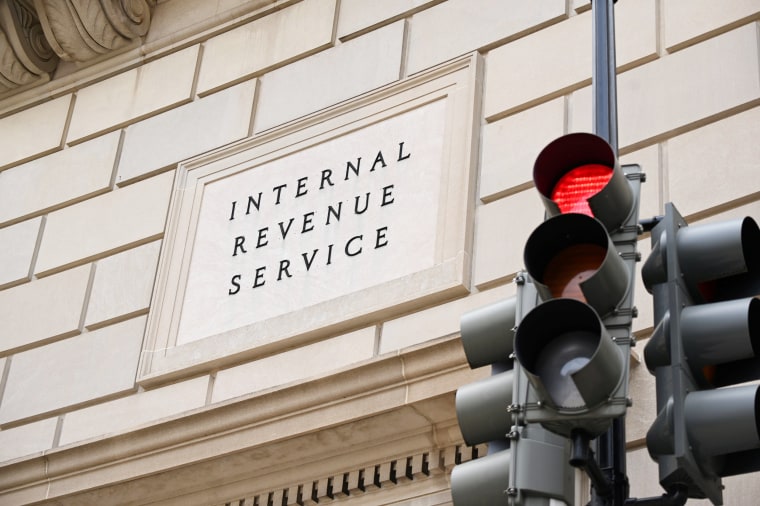The toughest challenge in the negotiations over the bipartisan infrastructure plan wasn't how much to invest, but rather, how best to pay for the investments. The senators ultimately reached a compromise, though one element of their agreement is getting a fresh look.
President Joe Biden and Democratic congressional leaders put a series of credible proposals on the table during the talks, each of which enjoyed public support. But when Dems called for scaling back some of the Trump-era tax breaks on the wealthy and big corporations, Republicans refused. The GOP also balked at new taxes on anyone, and even greater enforcement of the laws already on the books.
Democrats, desperate to reach a bipartisan deal despite being in the majority, ultimately made concessions, culminating in this week's apparent breakthrough. The negotiators endorsed $550 billion in new spending, to be paid for through a combination of policies, including repurposed COVID aid funds.
But one of the biggest payfors in the plan is $50 billion from "recouping fraudulently paid" unemployment benefits from the Democrats' American Rescue Plan program. In other words, senators believe many Americans improperly received enhanced jobless aid, so officials will get that money back -- to the tune of $50 billion -- and redirect the funds to infrastructure investments.
This led to a HuffPost report that raised a point that went largely overlooked:
Democrats say they have no problem rooting out waste and fraud in the unemployment program, but they take issue with going after only that pot of money ― long a target of Republicans ― and not after people who are evading their taxes as well.
"Republicans caved to their donors who don't want any increased scrutiny on their tax evasion schemes, and instead set their sight on various COVID-relief programs," Senate Finance Committee Chair Ron Wyden (D-Ore.) said. "I'm all for cracking down on unemployment insurance fraud by criminal syndicates and upgrading unemployment insurance technology, but it's absurd to say you're only going to go after unemployment insurance fraud when the IRS commissioner estimates that tax cheats are potentially costing us $1 trillion per year."
It's an important observation. Paying for infrastructure investments obviously isn't easy, and Democrats were open to a variety of revenue sources. In fact, as part of the negotiations, Dems endorsed a package that would crack down on tax cheats and those cheating the unemployment system.
For Republicans, however, that wouldn't do. Targeting unemployment cheats is fine, GOP senators said, but targeting tax cheats is not.
And while the incongruity matters in principle, the problem is made worse by the arithmetic: tax cheats cost the Treasury far more than unemployment cheats.
So what explains the Republican position? I'll gladly leave it to GOP senators to defend their positions, though I'd love to see a policy analysis breaking down fraud by income. What do you want to bet that unemployment cheats tend to be poorer than tax cheats, which influenced Republican senators' approach?

